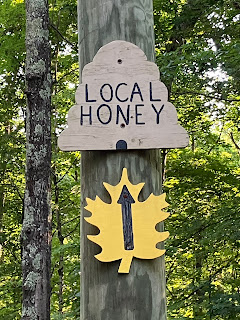Adverbs
Adverbs answer the questions: how, when, where, how often, how much.
Grammar Monster Explains Adverbs
Comparative and Superlative Adjectives and Adverbs, an interactive worksheet by Nihad Nasser
liveworksheets.com
liveworksheets.com




Comments
Post a Comment